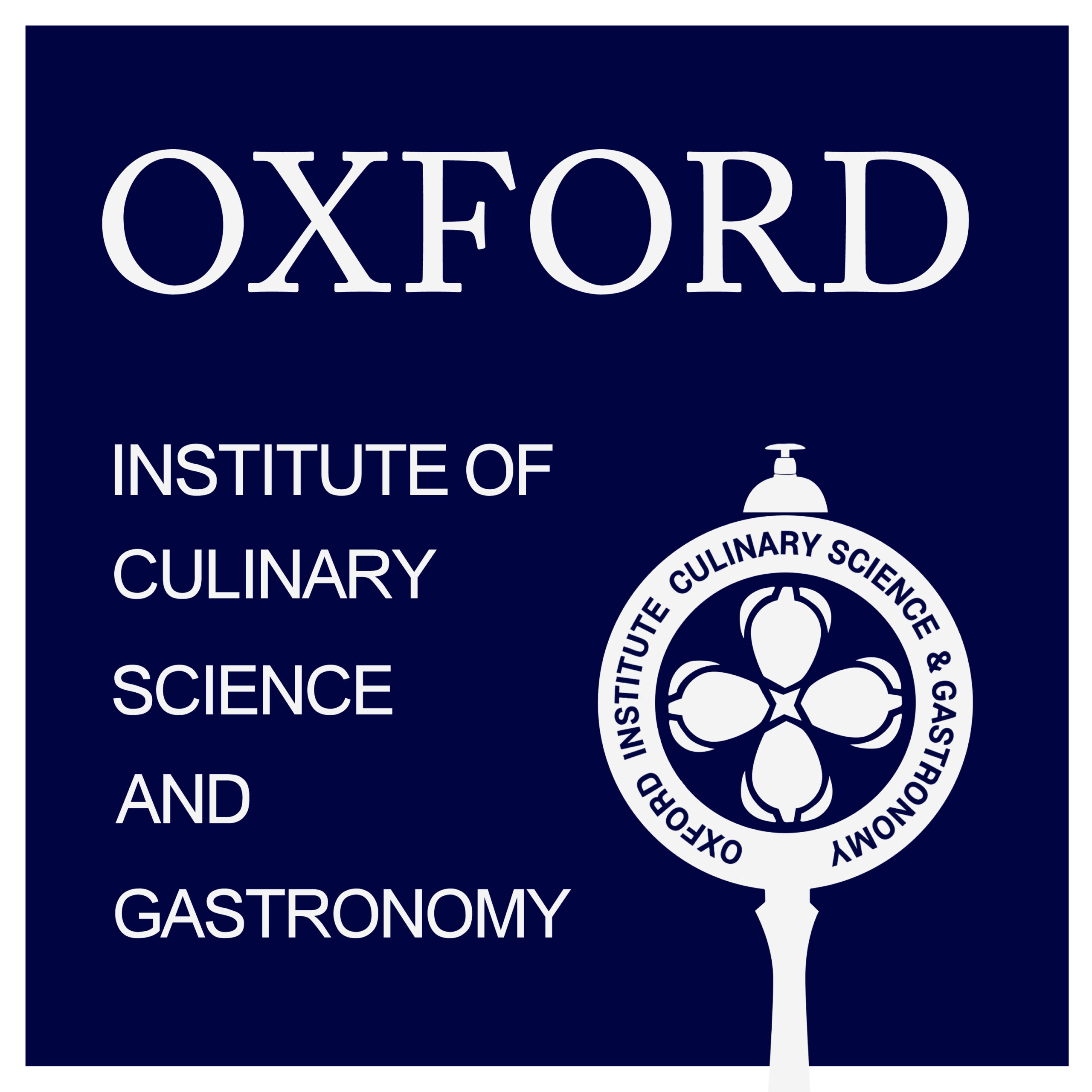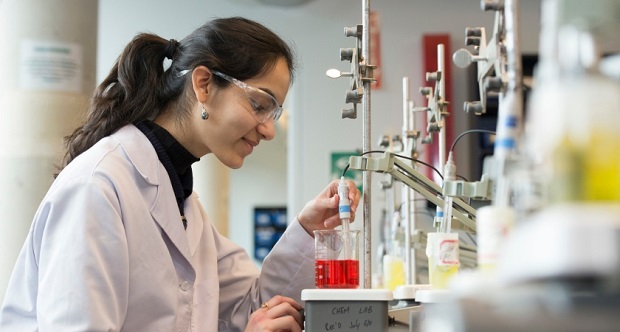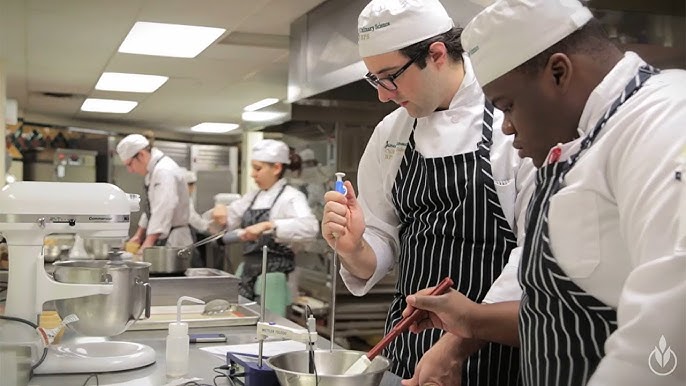Bachelor in Gastronomic Innovation
Oxford Institute of Culinary Science & Gastronomy – Year Three Curriculum
Overview:
The second year focuses on developing communication skills in gastronomy, including advanced studies in food media, critique and review, sensory marketing, and international food communication. The program features practical activities such as content production workshops, group projects, and specialized internships in food media or restaurant communications departments. This year serves as a bridge between foundational knowledge and professional skills in gastronomy and culinary innovation.
| Section | Description |
|---|---|
| Program Title | Bachelor in Gastronomic Innovation |
| Duration | 2 Terms (12 months: 6 months theory + 6 months practicum) |
| Format | Hybrid (Online, On-Campus, Labs, Workshops, Field Projects, Internship) |
| Level | Year 3 / Advanced – Innovation & Product Development |
| Certification | Bachelor Degree from Oxford Institute |
| Prerequisite | Successful completion of Year 2 (Associate Degree) |
| Outcome | Eligible for Year 4: Master in Culinary Science & Gastronomy |
Term 1 — Weekly Curriculum (12 Weeks)
| Week | Module Title | Topics Covered |
|---|---|---|
| 1 | Culinary Innovation Theories | Innovation frameworks, design thinking, food tech trends |
| 2 | Food Product Development | Formulation, ingredient functionality, texture modification |
| 3 | Molecular Gastronomy | Scientific principles, techniques, and applications |
| 4 | Food Safety & Quality Control | Advanced HACCP, food regulations, risk management |
| 5 | Sustainable Food Systems | Circular economy, alternative proteins, sustainable sourcing |
| 6 | Culinary Entrepreneurship | Business models, funding, pitching, marketing strategies |
| 7 | Sensory Analysis & Testing | Panel design, statistical analysis, consumer testing |
| 8 | Food Innovation Lab | Experimental cooking, prototype development, rapid iteration |
| 9 | Intellectual Property in Food | Patents, trademarks, copyright in culinary innovation |
| 10 | Project Management for R&D | Planning, budgeting, team management for food innovation projects |
| 11 | Research Methods in Culinary Science | Advanced methodologies for food science research |
| 12 | Term Review & Assessment | Comprehensive exam, project proposals presentation |
Term 1 Learning Outcomes
Master theoretical frameworks of innovation in gastronomy
Develop and test new food products with scientific rigor
Understand regulatory and safety requirements at advanced levels
Plan and manage research and development projects effectively
Term 2 — Internship & Innovation Project (12–14 Weeks)
Internship Placement
| Section | Description |
|---|---|
| Duration | Minimum 150 hours |
| Settings | R&D departments, food tech startups, innovation labs, culinary research centers |
| Requirements | Weekly reports, mentor evaluations, innovation journal, attendance records |
Innovation Project
| Section | Description |
|---|---|
| Topic | Product design, process innovation, sustainability solutions |
| Methodology | Experimental research, prototyping, sensory and consumer testing |
| Data Collection | Through internship and independent lab work |
| Final Report | 3500–4000 words with detailed data, visuals, patents or IP considerations |
| Presentation | 20-minute presentation with live demo or prototype demonstration |
| Portfolio | Full project documentation + internship log + innovation pitch deck |
Term 2 Learning Outcomes
Apply innovation techniques to create market-ready food products
Navigate intellectual property and commercialization challenges
Conduct rigorous sensory and consumer testing to validate innovations
Communicate effectively with stakeholders and potential investors
Final Certification (Year 3)
Bachelor Degree in Gastronomic Innovation
Official Transcript with Module Grades
Internship Completion Letter (Mentor Signed)
WRID™ Certification Code (optional)



